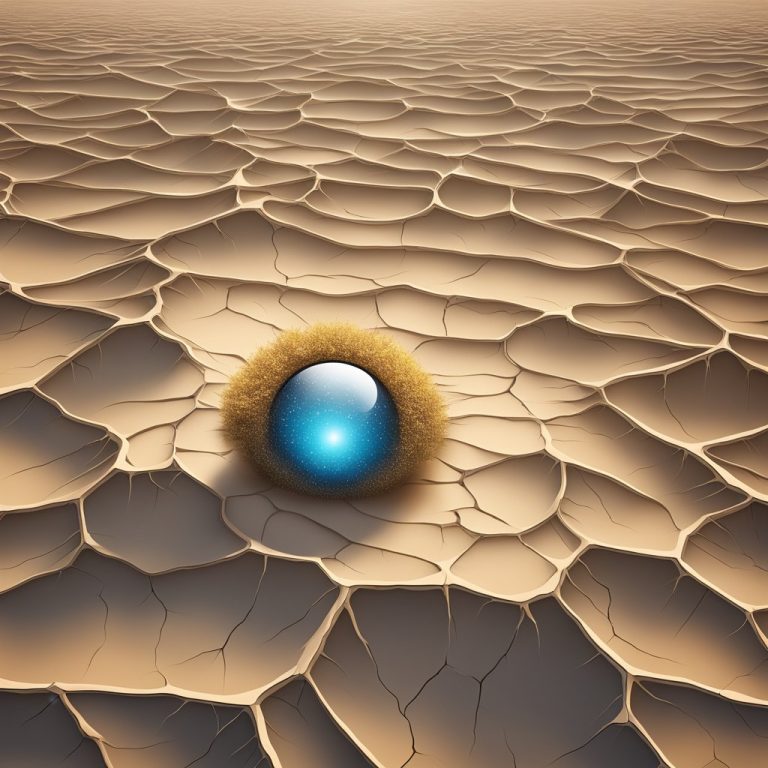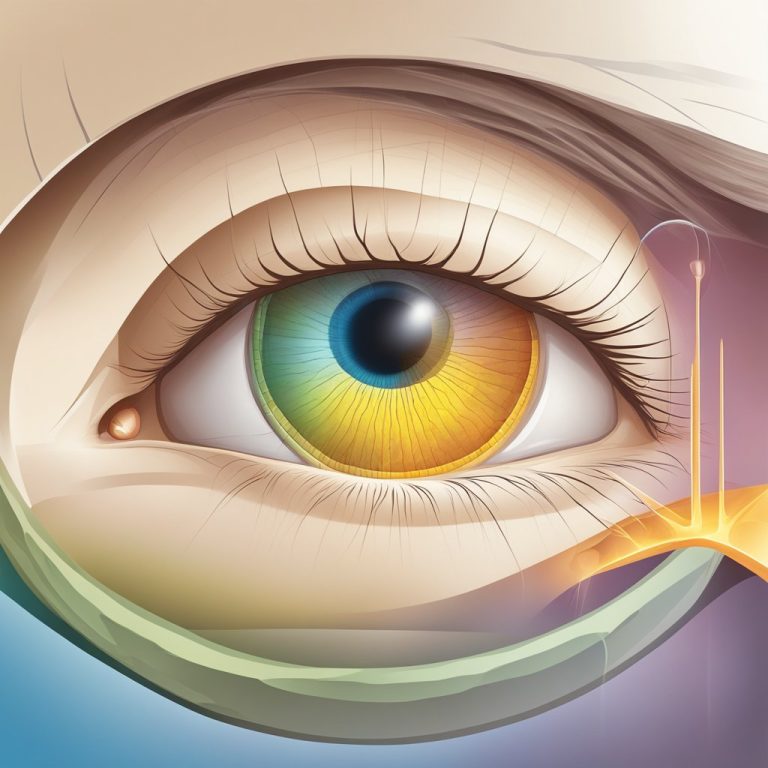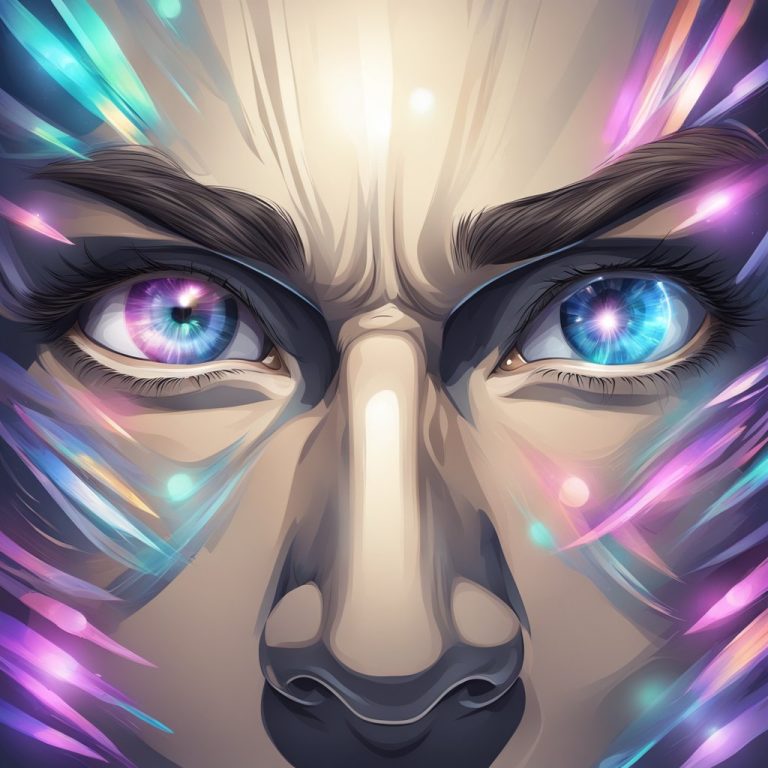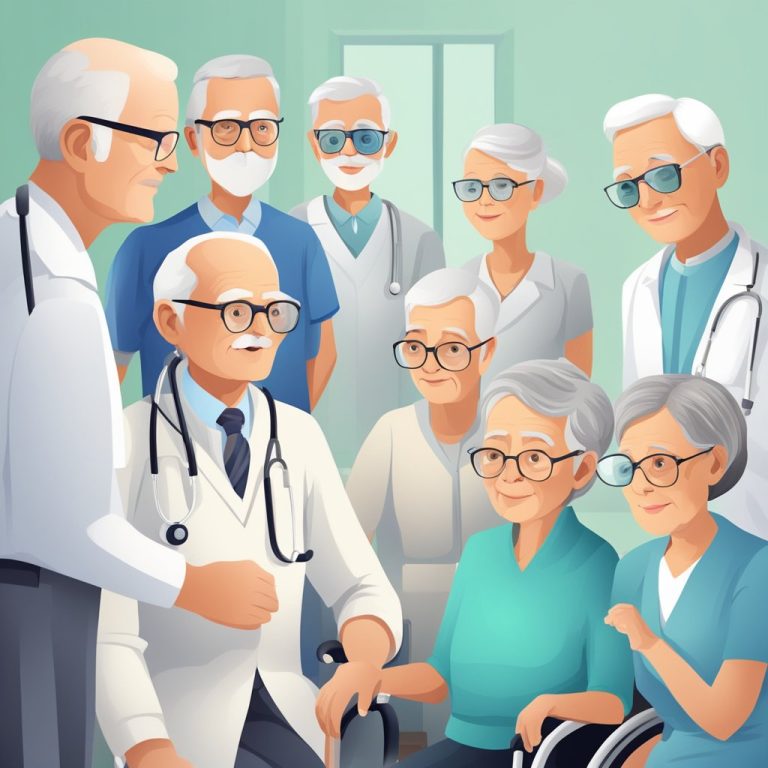Focused Again: Key Reasons and Corrections for Sudden Double Vision
Focused Again: Key Reasons and Corrections for Sudden Double Vision

Double vision, also called diplopia, is when a person sees two different pictures of the same thing. It’s possible for a number of different situations to lead to this frustrating and confusing feeling. It is important to see a doctor if you have double vision so they can figure out what’s wrong and how to treat it.
To understand double vision, you must first know the difference between monocular and bilateral double vision. When each eye sees a different picture of the same object, this is called monocular double vision. Binocular double vision, on the other hand, is when both eyes see two different pictures of the same thing. Most of the time, problems with the eye itself cause monocular double vision. On the other hand, problems with the muscles that move the eyes or the nerves that send messages to the brain are what cause binocular double vision.
A full eye exam, which includes a review of your medical history and a physical check, is the first step in diagnosing double vision. Other tests, like blood tests, imaging tests, or a visual field test, may also be ordered by your doctor to help figure out why you are seeing double. Once the root reason is known, your doctor can make a treatment plan for you that may include medicine, surgery, or other methods to help you deal with your symptoms.
Main Points
- Double vision is the experience of seeing two images of a single object.
- Monocular double vision occurs when each eye sees its own separate image of an object, while binocular double vision occurs when both eyes see two separate images of an object.
- Diagnosis of double vision involves a thorough eye exam and additional tests to determine the underlying cause, which can then guide appropriate treatment.
How to Understand Double Vision
When you have double vision, also called diplopia, you see two different pictures of the same thing. This can be very disorienting and hard to understand. There are two kinds of double vision: diplopia in one eye and diplopia in both eyes.
Why people have diplopia
If you can’t get both eyes to work together properly, you have binocular diplopia. Eye problems like strabismus (when the eyes are not lined up straight) or cranial nerve palsy (when one or more of the nerves that control eye movement are damaged) are often to blame for this kind of double vision. Head accidents, strokes, and brain tumors are some other things that can cause binocular diplopia.
When only one eye is damaged, this is called monocular diplopia. Most of the time, problems inside the eye, like cataracts, astigmatism, or an irregular lens, cause this kind of double vision. Blindness in one eye can also be caused by some neurological problems, like multiple sclerosis.
What Kinds of Double Vision Are There?
It’s possible for double vision to happen in different directions and can be horizontal, vertical, or diagonal. When someone has binocular diplopia, the double vision generally goes away when they cover one eye. If you have monocular diplopia, you will still see double even if you cover one eye.
Headaches, eye pain, and trouble reading or driving are all signs of double vision. If you have double vision, you should see an eye doctor or other health care source right away to find out what’s causing it and get the right treatment.
Double vision can be caused by many things, such as underlying medical conditions, eye problems, and brain conditions. Knowing the different kinds of double vision and the signs that go with them can help you figure out what’s wrong and get the right treatment.
How to Diagnose Double Vision
If you think you see double, you should see a doctor right away. You will have a physical checkup and diagnostic tests done by your doctor to find out why you are seeing double.
Examination of the body
During the physical check, your doctor will ask you about changes in your vision and your health history. The doctor will also do a full eye test to look for any problems with your eyes, like cataracts or keratoconus. A neurological test may also be done by your doctor to see if there are any problems with the nerves that control how your eyes move.
Health Checks
To help figure out why you’re seeing double, your doctor may order some medical tests. A CT scan or MRI of your brain may be one of these tests to look for brain tumors or other problems. You may also be given blood tests to look for any underlying health problems that could be causing your double vision.
It’s important to remember that double vision can be a sign of a more serious problem, like a brain tumor or blindness caused by diabetes. So, if you have double vision or any other changes in your vision, you should see a doctor right away. Your doctor may send you to an ophthalmologist or neurologist to get more tests and care.
How to Treat and Manage
What you do to treat and handle double vision will depend on what is causing it. In some cases, double vision may go away on its own, without any help. It is important to see a doctor, though, if you have sudden or chronic double vision.
Interventions in medicine
People who have double vision may need surgery, glasses, or prisms to correct their vision. These are the words that The Cleveland Clinic notes that “corrective lenses, such as prism glasses, can help correct double vision caused by muscle imbalances.” Sometimes, surgery is the only way to fix muscle weaknesses or other problems that go deeper.
Ways of Life and Home Remedies
Besides medical help, lifestyle changes and home remedies may also help with controlling double vision. Eye patches can be put over one eye to help with the symptoms. Eye workouts may also help improve muscle coordination and get rid of double vision. Getting enough rest and eating well may also help you deal with underlying problems like diabetes or high blood sugar. The story at Medical News Today notes that “treatments can include eye exercises, surgery, and glasses that are made just for you.”
Before you can effectively treat double vision, you should work with your healthcare provider to find the underlying cause of your problem. You can lessen the effects of double vision on your daily life by taking care of any underlying conditions and making the right medical and lifestyle changes.
Problems and Risks
Related Health Problems
Double vision can be a sign of a number of different health problems. Myasthenia gravis, diabetes, stroke, brain or nerve damage, muscle weakness, eye muscle problems, corneal problems, thyroid disorders, multiple sclerosis, strabismus, headaches, eye diseases, cancer, trauma, head injuries, infections, aneurysms, astigmatism, dry eyes, autoimmune disorders, Graves’ disease, strokes, heart disease, neuropathy, blindness, falls, hospitalization, and bleeding are some of these conditions.
You should see a doctor right away if you think you have double vision so they can figure out what’s wrong. To figure out why you’re seeing double, your doctor may order diagnostic tests like blood tests, imaging tests, or a neurological check.
Long-Term Prospects
The outlook for people with double vision in the long run depends on what is causing it. Sometimes, double vision goes away on its own or with help. In other cases, though, double vision may be a problem that comes back over and over again.
If you have a condition like diabetes or multiple sclerosis that is making your double vision worse, you should take care of that condition so that it doesn’t get worse. Sometimes, seeing double can be a sign of a more serious problem, like a brain tumor or aneurysm, that needs medical help right away.
It is important to see a doctor as soon as possible if you have double vision so they can figure out what’s wrong and treat it properly.
Questions People Ask
What are some common reasons why older people see double?
Your eyes and the muscles that control them can get weaker with age, which can cause you to see double. Cataracts, strokes, and diabetes are some other common reasons why older people see double. Speaking to your doctor is important if you are having double vision to find out what is causing it.
Can being tired cause temporary double vision?
Yes, being tired can make you see double for a short time. If you’re tired, your eyes might not be able to focus right, which can cause you to see double. Putting your eyes to rest can often help with this problem.
How do you treat double vision?
How you treat double vision depends on what’s causing it. Treating an underlying health problem, like diabetes or multiple sclerosis, can sometimes get rid of double vision. Wearing an eye patch or certain glasses can help in other situations. You and your doctor will work together to find the best care plan for your needs.
Should you be worried if you have double vision in one eye?
Yes, seeing double in one eye can be a sign of something being wrong. You can have this kind of double vision, which is called monocular double vision, when something is wrong with the eye, like a cataract or an irregular lens. If you are having troubles with one eye seeing double, you should see an eye doctor.
What could cause someone to have double vision when they wake up?
There are several things that can lead to double vision when you wake up, such as dry eyes, eyes that aren’t lined up right, or a nerve condition like myasthenia gravis. It is important to talk to your doctor about double vision when you wake up to find out what is causing it.
When should someone with double vision see a neurologist?
It may be necessary to see a neurologist if you are having double vision and your eye doctor has cleared out any underlying eye conditions. If you have double vision, it could mean you have a serious neurological disease like multiple sclerosis or a brain tumor. Your doctor can help you figure out what’s causing your double vision and come up with the best way to treat it.






